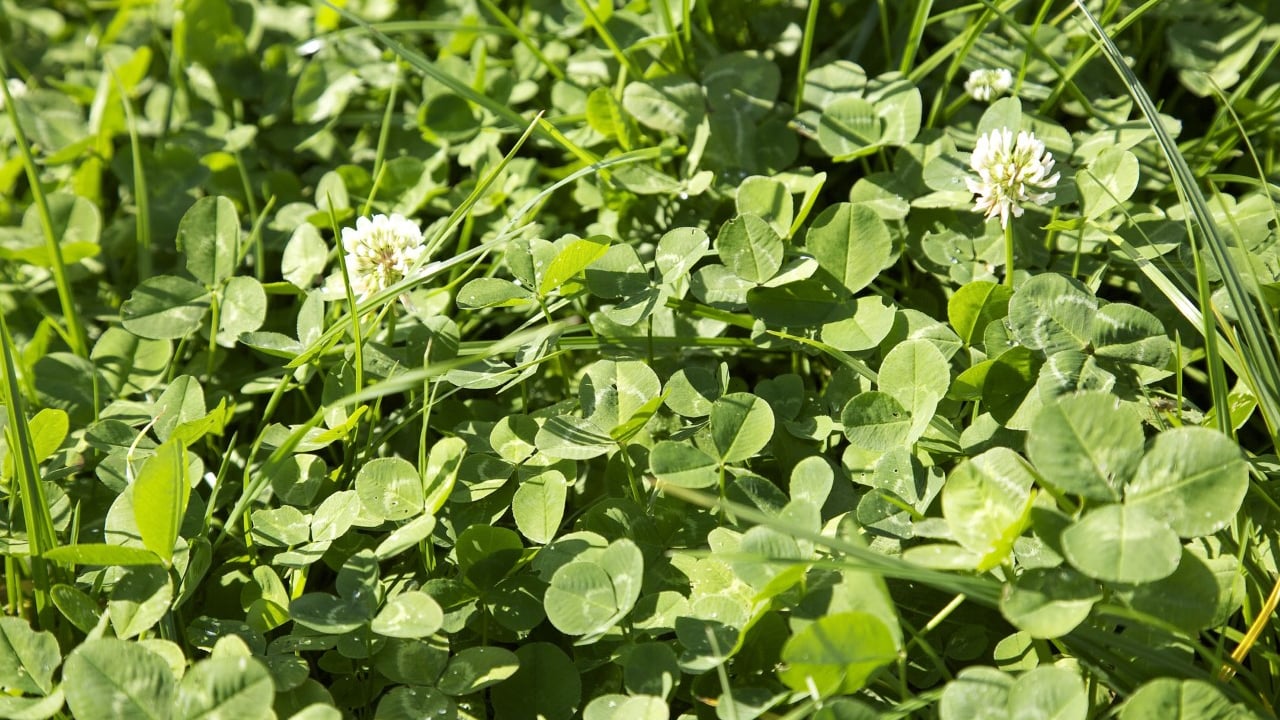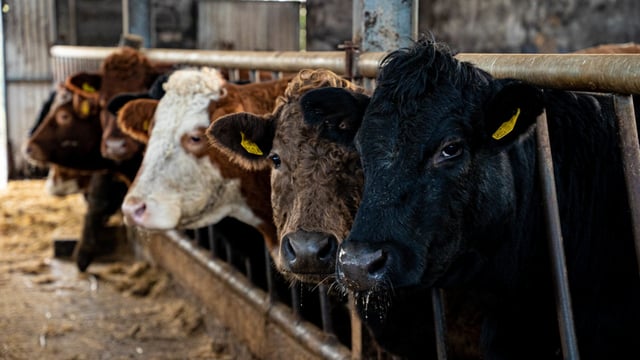Sponsored Article
Are you considering converting your farm to organic?
Sponsored Article

Organic farming can be a lucrative system of farming with some of the most profitable farmers in the country farming organically.
Maintaining good output levels through the adaption of organic farming production methods, coupled with lower production costs and premium market prices can contribute to higher margins.
The Organic Farming Scheme (OFS) opened for new applications on February 9, and will closes on April 8, 2022. Teagasc and the Department of Agriculture, Food and the Marine (DAFM) have a series of information events, webinars and farm walks planned to provide information to producers.
If you are considering converting your farm to organic, and you can answer yes to some, or all of these questions, then you should consider switching to organic production.
For crop systems, consider the following questions:
For animal systems, consider the following:
The next step is to get acquainted with the adjustments required by talking to other organic farmers and contacting a local advisor. After that, familiarise yourself with the Organic Standards.
A major factor distinguishing organic farming from other approaches to sustainable farming is the existence of internationally acknowledged standards and certification procedures. These standards have been developed to provide organic producers with consistent, clear rules as to how organic food should be produced. A two-year conversion period is required before a farm is given organic status.
Some of the main requirements are listed below:
Fertilisers and chemicals:
Animal welfare:
The Organic Certification Bodies (OCBs) provide an inspection and certification service for all Organic Production Units in Ireland. They have been designated and are regulated by the Organic Unit of the DAFM, and are responsible for upholding the organic standards as defined by the EU.
The OCB sends an information pack on request. The pack is tailored to the producers needs and will contain information on the application and conversion process, an application form and a guide to the Organic Standards.
Once the application and conversion plan are received and assessed, an initial inspection will be arranged and you are registered as an organic operator. The OCBs carry out annual inspections of every organic enterprise.
Having registered as an organic operator with an OCB, you may then apply to the DAFM to join the OFS.
On Wednesday, February 23, join the Teagasc live interactive webinar with organic specialists which will give you an insight into what's involved if you are thinking of applying for the 2022 Organic Farming Scheme.
Speakers from DAFM and Teagasc will cover:
Sponsored Article





